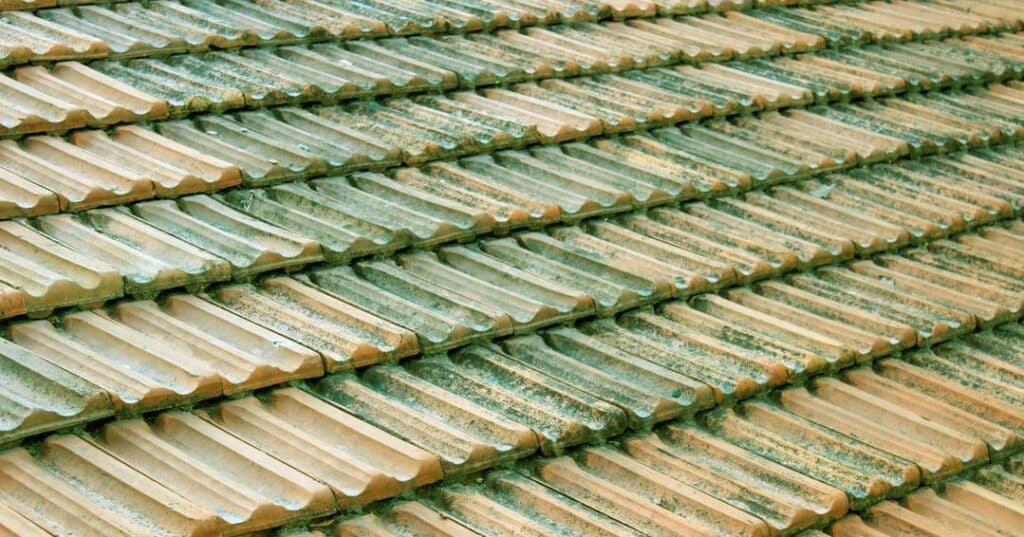When you’re building or purchasing a new home, one of the most important factors to check (which often gets overlooked) is the waterproofing aspect of it. Under no circumstances should waterproofing be avoided. The inside of our house must be kept dry right from the roof to the basement because water intrusion can cause a serious number of issues, including insect infestation, mold development, and, in the worst-case scenario, compromise the structural integrity of your house.
These are problems that can easily be avoided if the house is waterproofed while it is being constructed. If you want the best and long term results, opt for the Dr. Fixit Waterproofing service as it will prevent your house from any potential damage. At some or the other point in our lives, we all experience some type of leakage or water seepage in our walls, especially during monsoons. Once that occurs, it is better to use the services of a professional to fix it. Continue reading to understand more about waterproofing such as the types and why it is necessary to waterproof our homes.
What Exactly Is Waterproofing?
Waterproofing is a method of keeping water out of your walls by preventing any leakage or seepage among the walls. Waterproofing is essential for keeping your house dry from the inside out. It helps to reduce humidity in the house, preserving the walls and decor from damage caused by humidity or water exposure. Even if you take all the steps and choose the perfect Indian house color combination outside, if you don’t waterproof it, you will end up ruining your walls.
Waterproofing offers many benefits, including the following:
1. Water damage is prevented in the interiors
Despite being on the inside, your home is regularly exposed to a wide range of unexpected weather conditions, such as sun rays, rain and dust. This category includes the walls, floors, foundation, and even the insulation. No matter how well you seal your walls with steel, concrete, and other materials, they will fracture and corrode throughout the building process. Waterproofing your home prevents water from penetrating the walls and entering the basement. It will help to avoid water damage, giving your freshly created home a healthy and sturdy start.
2. Prevents a slew of health issues
When moisture seeps into your walls and ceilings, it promotes the development of mold and mildew, which may lead to stench accumulation. As a consequence, spores develop, which may cause a range of health problems, most of which relate to breathing. Spores are discharged into the air, and when you breathe them in, they quickly enter your lungs and create health problems. It is always essential to have waterproofing work done on your house at the right time of year to keep you and your family safe from unforeseen health risks.
3. It is an investment for the long run.
Sometimes, especially when we factor in the size of the house, waterproofing can tend to seem like a huge dent both with respect to your time and money. However, in this case, prevention is always better than cure. It is better to think of it as a long-term investment that will save money throughout the life of the building. Furthermore, when waterproofing is completed, the value of a property improves significantly upon resale. Instead of being startled by the cost of waterproofing your house, keep in mind that the aim is to solve a long-term issue, not a short-term one.
One of the first procedures should be waterproofing if you are building a home. It improves the quality of life while also setting the framework for future work. Considering this early on may help you prevent headaches later on. Because of the lack of exposure to concrete technology, waterproofing is one of the most serious, but underappreciated, issues. People often see this as a nuisance rather than a serious issue. Avoiding it, on the other hand, may aggravate the situation and result in your wall being soaked in a flood, destroying your home and interior decor.

